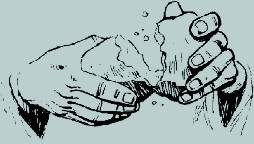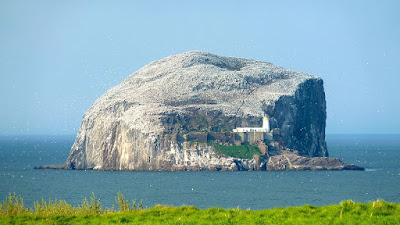Posts
Showing posts from October, 2016
The Justice and Mercy of God in Christ
- Get link
- Other Apps
The Doctrine of God's Providence
- Get link
- Other Apps
The Scriptural Witness on the Trinity
- Get link
- Other Apps
The Difference Between Canonical and Apocryphal Books
- Get link
- Other Apps
Here We Stand, On the Word of God.
- Get link
- Other Apps
The Kind of Preaching God Blesses
- Get link
- Other Apps
The Five Solas of the Reformation
- Get link
- Other Apps
Signs, Seasons and Survivors! Isaiah 37:30-32
- Get link
- Other Apps




